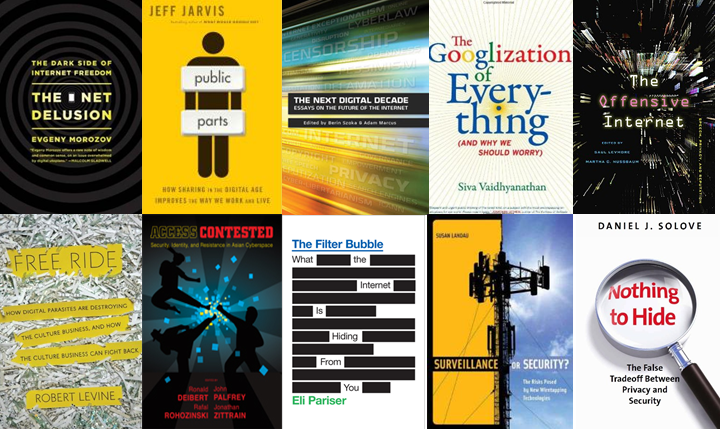Yesterday, TechFreedom, the Competitive Enterprise Institute, Americans for Job Security, and Americans for Limited Goverment sent a joint letter (pdf) to U.S. House Judiciary Committee Chairman Lamar Smith and Ranking Member John Conyers urging them not to rush deliberations on the Stop Online Piracy Act (SOPA). The Committee is set to hold markup on the bill on Thursday, December 15, less than three days after SOPA’s sponsors released a manager’s amendment containing major changes to the lengthy bill.
In their letter, the free market groups note that members have yet to hear testimony from experts versed in the bill’s implications for cybersecurity, free speech, due process, Internet governance, innovation, and job creation. The letter follows in its entirety:
Dear Chairman Smith and Ranking Member Conyers:
As public interest groups dedicated to free enterprise and property rights, we strongly support legislative efforts to ensure the meaningful protection of copyrights and trademarks. Yet we have also raised serious concerns about the unintended consequences of the Stop Online Piracy Act (SOPA), consistent with our general skepticism of all Internet regulation. While we applaud the manager’s amendment proposed by Chairman Smith, there simply has not been time to properly evaluate its real-world consequences. Although the proposed changes would indeed improve the bill, they leave several legitimate objections unaddressed. Thus, we urge Members of the Committee not to report the bill to the full House until these concerns have been resolved through further hearings and a second markup.
Enforcing copyrights online is an extremely provocative issue: witness the massive grassroots campaign mounted in recent weeks against so-called “Internet censorship,” as allegedly provided for by SOPA. Underlying this opposition to the bill is profound public skepticism about the unintended consequences of enhanced copyright enforcement in terms of collateral damage to legitimate expression and innovation. This skepticism has been galvanized by recent high-profile mistakes involving the improper seizure of innocent websites by federal officials in “Operation In Our Sites.”
If SOPA is ultimately enacted, any public perception that Congress failed to carefully balance the competing interests of copyright enforcement, free speech, due process, and Internet freedom will further erode public support not only for Congress, but also for copyright itself. The erosion of public respect for copyright is a primary factor behind the dramatic increase in infringement in recent years. Even a perfect bill cannot cure this cultural problem, to be sure, but ill-considered legislation can exacerbate it. If the widespread conflation of copyright enforcement with censorship is to be dispelled, SOPA must be refined carefully through a transparent process, with ample time for deliberation and consideration of all relevant expertise. Continue reading →






 The Technology Liberation Front is the tech policy blog dedicated to keeping politicians' hands off the 'net and everything else related to technology.
The Technology Liberation Front is the tech policy blog dedicated to keeping politicians' hands off the 'net and everything else related to technology.